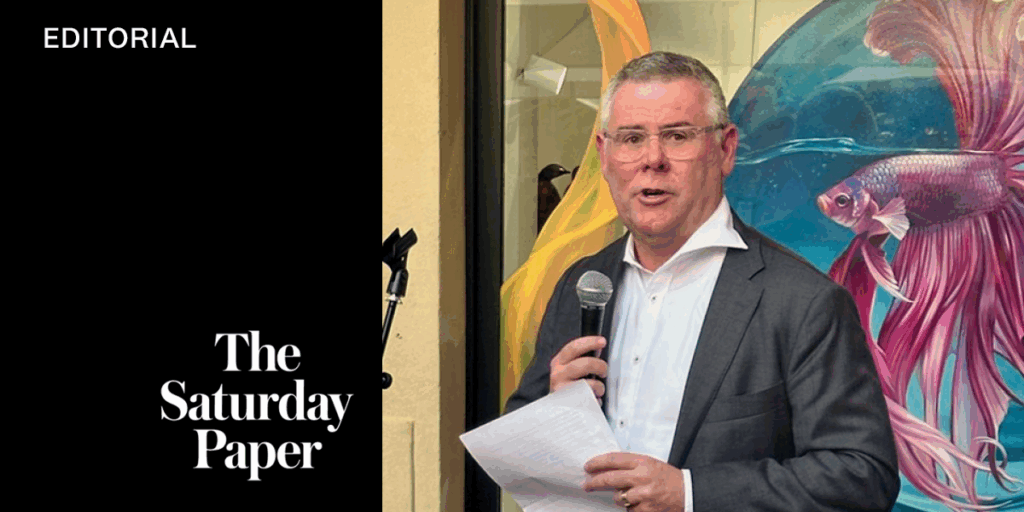
At the opening of the latest Conference of the Parties (COP), Azerbaijan’s President Ilham Aliyev criticized Western nations for their perceived hypocrisy regarding fossil fuels. In a bold statement, the conference host accused the West of maintaining “double standards, a habit to lecture other countries.” He described oil and gas as “a gift of the God,” suggesting that the media and state-controlled non-profits were part of the problem.
“Countries should not be blamed for having them and should not be blamed for bringing these resources to the market because the market needs them,” Aliyev asserted at the United Nations’ pivotal climate conference, highlighting the essential role of oil and gas. “The people need them,” he added.
This development follows a similar controversy at the previous year’s conference, hosted by the United Arab Emirates. Sultan Ahmed Al Jaber, the president of that COP, was recorded dismissing the scientific basis for transitioning away from fossil fuels. He provocatively stated that renewable energy was not viable “unless you want to take the world back into caves.”
Australia’s Ambitious Bid for COP31
Emboldened by these preceding events, Australia has launched a bid to host the next COP. In a lighthearted moment, reminiscent of comedian Spike Milligan’s humor, Prime Minister Anthony Albanese quipped, “I can’t think of anywhere better than Adelaide to host that event.”
On Wednesday, the Department of Climate Change, Energy, the Environment and Water expressed optimism about the bid. “If our bid is successful,” a press release stated, “COP31 would amplify the voices, perspectives, and solutions of the enduring custodians of our lands and oceans – Australia’s First Nations people and Pacific communities – for the benefit of the region and the world.”
The Pacific Argument: A Double-Edged Sword
Australia’s pitch leans heavily on the vulnerability of Pacific nations, whose very existence is threatened by rising sea levels. “The impacts of climate change are already affecting our region. That is why we’re committed to hosting a COP in genuine partnership with the Pacific,” the department emphasized.
However, critics argue that this approach is a form of exploitation, a paternalistic gesture from a nation that has been criticized for its environmental policies. The bid suggests that Australia understands the climate crisis because it contributes to it. Indigenous knowledge, which the bid claims to champion, is simultaneously being eroded, as seen in the destruction of the Murujuga petroglyphs. Furthermore, Pacific leaders have condemned Australia’s approval of new coalmines, labeling it as immoral, yet their plight is being used to bolster Australia’s climate leadership image.
The COP’s Tolerance for Duplicity
None of this seems to deter the Conference of the Parties. The event, critics say, almost thrives on duplicity. Negotiations often result in watered-down commitments, allowing the global community to evade substantial action.
A decision on the hosting was anticipated this week but has been delayed, highlighting the conference’s lack of urgency. This irony presents Australia with an opportunity, as the world’s major climate conference appears unfazed by the pressing need for decisive action.
“Negotiations are conducted with the nub of an eraser. Each year, the meeting weakens its language and lets the world get away with more.”
Looking Forward: The Implications of Hosting COP31
Hosting COP31 would place Australia at the forefront of global climate discussions, offering a platform to potentially reshape its environmental narrative. However, it also risks further scrutiny of its domestic policies and international commitments.
As the decision looms, Australia must balance its ambitions with genuine action, addressing both its critics and the global community’s expectations. The outcome of this bid could significantly influence Australia’s role in future climate negotiations and its reputation on the world stage.
Meanwhile, the world watches closely, aware that the stakes have never been higher. The decision on the hosting of COP31 will not only reflect on Australia’s climate policies but also on the international community’s commitment to addressing the climate crisis with the urgency it demands.







